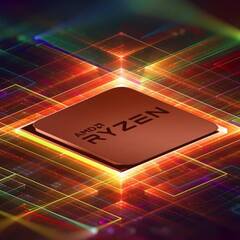What can cause overclocks to fail?
-
Topics
-
Locutus von Borg ·
Posted in Home Theater Equipment2 -
SasaG ·
Posted in CPUs, Motherboards, and Memory1 -
2
-
zombiepunk10 ·
Posted in General Discussion5 -
nyccbd ·
Posted in Graphics Cards3 -
0
-
1
-
0
-
MephistophelesD ·
Posted in New Builds and Planning5 -
2
-
-
play_circle_filled

Latest From ShortCircuit:
This wireless router can’t possibly be good… can it? - Minion Routers


.png.255947720031a641abdac78e663b681c.png)


.thumb.jpg.41b364c91d47256e4c681dda232b92f9.jpg)









Create an account or sign in to comment
You need to be a member in order to leave a comment
Create an account
Sign up for a new account in our community. It's easy!
Register a new accountSign in
Already have an account? Sign in here.
Sign In Now